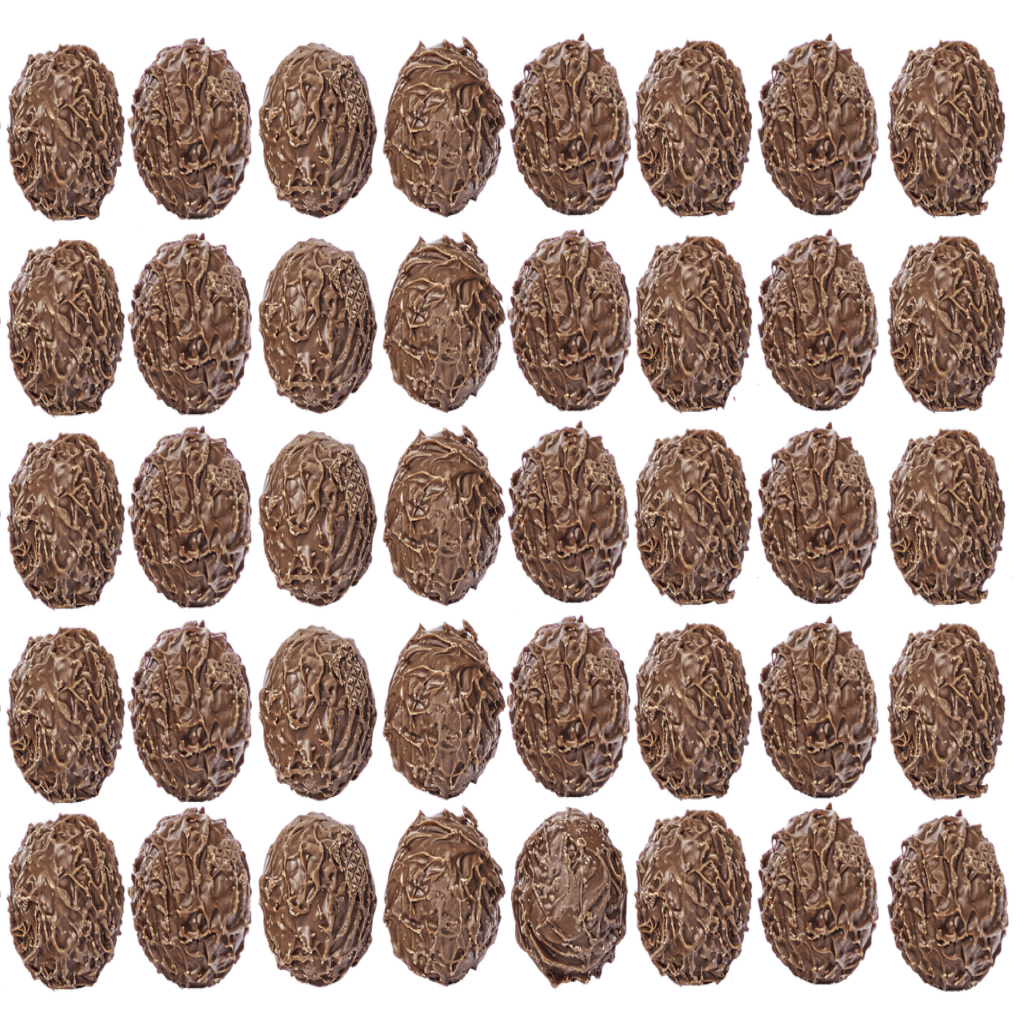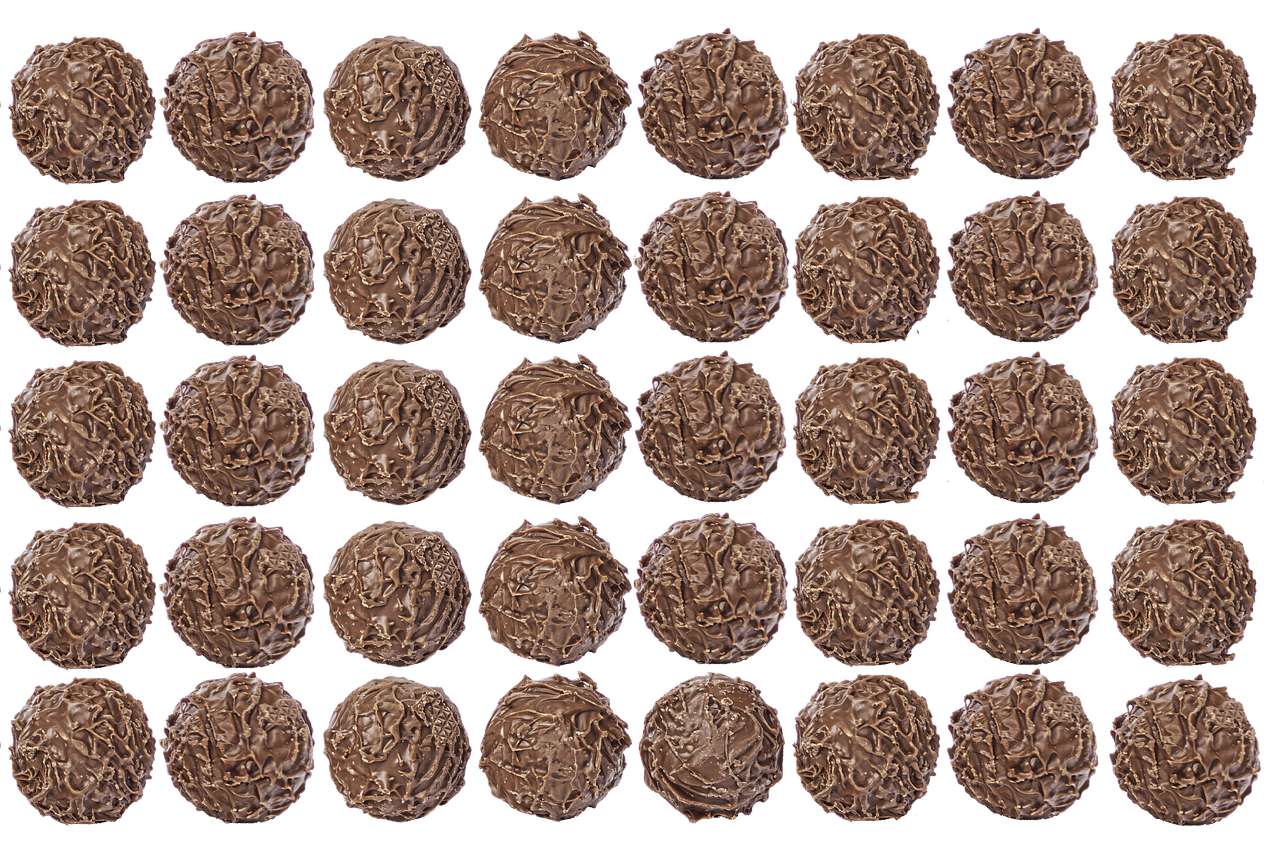Welcome to an insightful article that explores the fascinating world of hormones and their impact on appetite during weight loss. As you embark on your journey to shed those extra pounds, it is important to understand how hormones play a crucial role in controlling your appetite and ultimately influencing your weight loss success. By delving into the science behind hunger hormones such as leptin and ghrelin, you will gain valuable insights into how you can effectively manage your appetite and achieve your weight loss goals. Get ready to uncover the secrets of hormonal regulation and discover how you can harness the power of hormones to support your weight loss efforts. What Is The Impact Of Hormones On Appetite During Weight Loss?
Have you ever wondered why you feel hungrier as you start losing weight? It turns out that hormones play a crucial role in regulating our appetite during weight loss. Let’s dive into the impact of hormones on appetite and how they can affect your weight loss journey.
The Role of Ghrelin in Hunger Regulation
You may have heard of the hormone ghrelin, also known as the “hunger hormone.” Ghrelin is produced in the stomach and stimulates appetite, making you feel hungry. During weight loss, ghrelin levels increase, sending signals to your brain that your body needs more food.
How Ghrelin Affects Your Appetite
When ghrelin levels are high, you are more likely to experience intense hunger cravings, making it challenging to stick to your weight loss plan. Understanding how ghrelin impacts your appetite can help you make informed decisions about your eating habits during weight loss.
Leptin: The Satiety Hormone
Leptin is another hormone that influences appetite by signaling feelings of fullness to the brain. Leptin is produced by fat cells, and its levels increase as you gain weight. However, during weight loss, leptin levels decrease, leading to an increase in appetite.
Understanding Leptin Resistance
Some individuals may experience leptin resistance, where the body does not respond to the signals of fullness sent by leptin. This can result in overeating and difficulty maintaining weight loss. By recognizing the role of leptin in appetite regulation, you can make lifestyle changes to support healthy weight management.

Insulin and Blood Sugar Levels
Insulin is a hormone produced by the pancreas that regulates blood sugar levels. When you consume carbohydrates, your body releases insulin to help transport glucose into cells for energy. However, fluctuations in insulin levels can impact appetite and contribute to weight gain.
The Role of Blood Sugar in Appetite Control
Maintaining stable blood sugar levels is essential for managing hunger and controlling cravings. Sudden spikes and drops in blood sugar can lead to increased hunger and cravings for sugary, high-calorie foods. By choosing low-glycemic foods that release glucose slowly into the bloodstream, you can support healthy appetite regulation during weight loss.
Cortisol: The Stress Hormone
Cortisol is a hormone released in response to stress and plays a role in regulating metabolism and appetite. During times of chronic stress, cortisol levels can become elevated, leading to increased hunger and emotional eating.
Managing Stress for Weight Loss Success
Reducing stress levels through relaxation techniques, regular exercise, and adequate sleep can help support healthy cortisol levels and improve appetite control during weight loss. By prioritizing self-care and stress management, you can create a more sustainable approach to weight management.

Thyroid Hormones and Metabolism
Thyroid hormones, including T3 and T4, play a crucial role in regulating metabolism and energy expenditure. An underactive thyroid, or hypothyroidism, can slow down metabolism and lead to weight gain. Conversely, an overactive thyroid, or hyperthyroidism, can increase metabolism and suppress appetite.
Seeking Medical Guidance for Thyroid Issues
If you suspect that thyroid imbalances are impacting your weight loss efforts, it is essential to consult with a healthcare professional for evaluation and treatment. Proper management of thyroid conditions can help optimize metabolism and support healthy weight loss.
Estrogen and Progesterone in Appetite Regulation
Estrogen and progesterone are reproductive hormones that can influence appetite and body weight. Fluctuations in these hormones throughout the menstrual cycle can impact hunger and cravings, leading to changes in eating behavior.
Supporting Hormonal Balance Through Nutrition
Consuming a balanced diet rich in essential nutrients can support hormonal balance and improve appetite control during weight loss. Incorporating foods that are high in fiber, healthy fats, and protein can help stabilize hormone levels and reduce cravings for high-calorie foods.

The Impact of Sleep on Hunger Hormones
Inadequate sleep can disrupt hormone levels that regulate appetite, leading to increased hunger and impaired weight loss efforts. Sleep deprivation can impact ghrelin and leptin levels, making it challenging to control cravings and maintain a healthy diet.
Prioritizing Sleep for Weight Management
Establishing a consistent sleep schedule and creating a relaxing bedtime routine can help improve sleep quality and support hormonal balance for appetite control. By prioritizing sufficient rest, you can enhance your weight loss journey and overall well-being.
Hormonal Changes During Menopause
For women going through menopause, hormonal changes can significantly impact appetite and metabolism. Fluctuations in estrogen and progesterone levels can contribute to weight gain and changes in body composition.
Navigating Hormonal Shifts for Weight Maintenance
During menopause, it is essential to focus on nutrient-dense foods, regular exercise, and stress management techniques to support healthy weight maintenance. By understanding the hormonal changes occurring in the body, you can make informed choices to support your health and well-being.

Strategies for Hormone-Friendly Weight Loss
When embarking on a weight loss journey, it is crucial to consider the impact of hormones on appetite and metabolism. By incorporating hormone-friendly strategies into your lifestyle, you can optimize weight loss results and improve overall health.
Tips for Hormone-Friendly Weight Loss:
- Eat a balanced diet rich in whole foods, including fruits, vegetables, lean proteins, and whole grains.
- Prioritize regular physical activity to support metabolism and energy expenditure.
- Practice stress-reducing techniques such as meditation, yoga, or mindfulness to manage cortisol levels.
- Ensure adequate sleep for optimal hormone regulation and appetite control.
- Consult with a healthcare professional for personalized guidance on hormone-related weight loss challenges.
In conclusion, hormones play a significant role in appetite regulation during weight loss. By understanding how hormones such as ghrelin, leptin, insulin, cortisol, and thyroid hormones impact appetite and metabolism, you can make informed decisions to support your weight loss goals. By adopting hormone-friendly strategies and prioritizing self-care, you can achieve long-lasting success in your weight loss journey.




